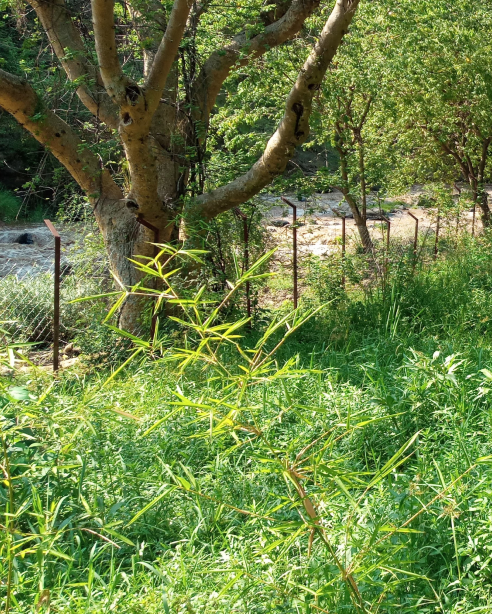Land Governance, Tenure Security & Investments (LTSI)

Access to land means the opportunity to earn a decent income and achieve food and nutrition security, and it can also pave the way for access to social benefits such as health care and education. Poor land governance and lack of secure access to land on the other hand, can disempower rural people and expose them to the combined threats of poverty, hunger and conflict. In addition, insecure land rights is the major source of social inequality (in both class and gender terms), instability and conflicts in Eastern Africa.
Land governance involves a procedure, policies, processes and institutions by which land, property and other natural resources are managed. This includes decisions on access to land, land rights, land use, and land development. Countries in eastern Africa just like most countries in the African continent and around the world have developed some policy frameworks on how to deal with the management of land. RECONCILE recognizes four functions that these policies and institutions should deal with as; land tenure, land value, land use, and land development.
Land tenure as a governance component is multi-dimensional and brings into play social, technical, economic, institutional, legal and political aspects of community organization. A well-defined and enforceable, whether in a formal court of law or through customary structures tenure system is critical to the security of rural livelihoods.
Land tenure as a governance component is multi-dimensional and brings into play social, technical, economic, institutional, legal and political aspects of community organization. A well-defined and enforceable, whether in a formal court of law or through customary structures tenure system is critical to the security of rural livelihoods.
The surest mode of ensuring land tenure security within the current land management regime in Eastern Africa is through legal registration. Currently it is estimated that over 60% of land in Kenya is classified as Community Land, yet most of it remains unregistered. The situation is similar within other countries in Eastern Africa. Without secure land rights, investment (financial and labour) and the up- take of new technologies in agriculture and sustainable land management is undermined.
This priority area underpins RECONCILE’s policy advocacy engagement, capacity development, research and awareness. The pursuit of this is premised in the philosophical belief that in every society, sound land governance is the key toward the achievement of sustainable development. Therefore, full execution of this programme would also ensure that indigenous peoples and pastoralists like other members of the society benefit enormously from obtaining official recognition and protection for their use of land and other natural resources through community land registration. RECONCILE envisages increased use of technology tools including Social Tenure Domain Model to support GIS mapping of communal lands, shared resources such as; water, forests, grazing areas and other resources they depend on.